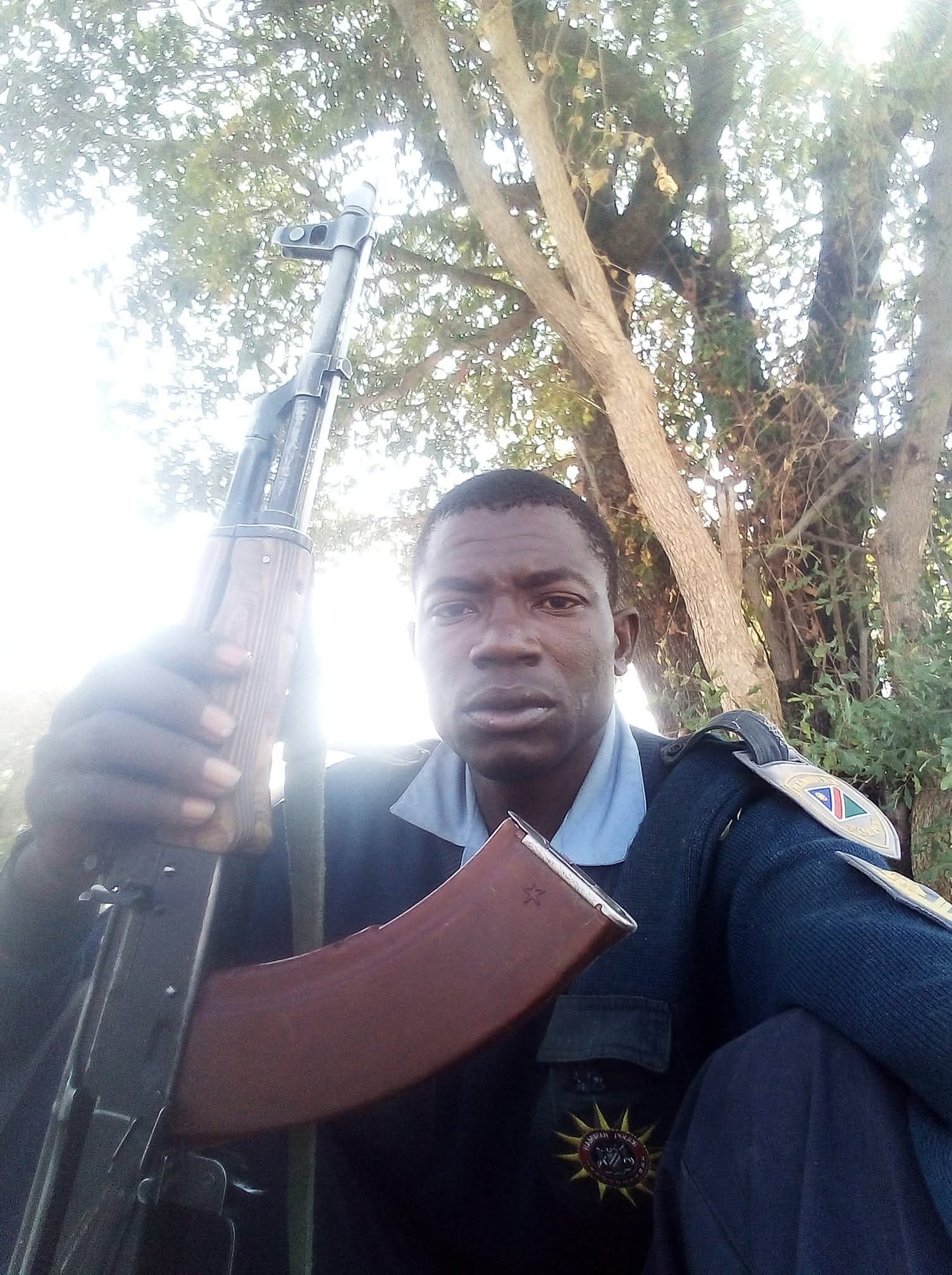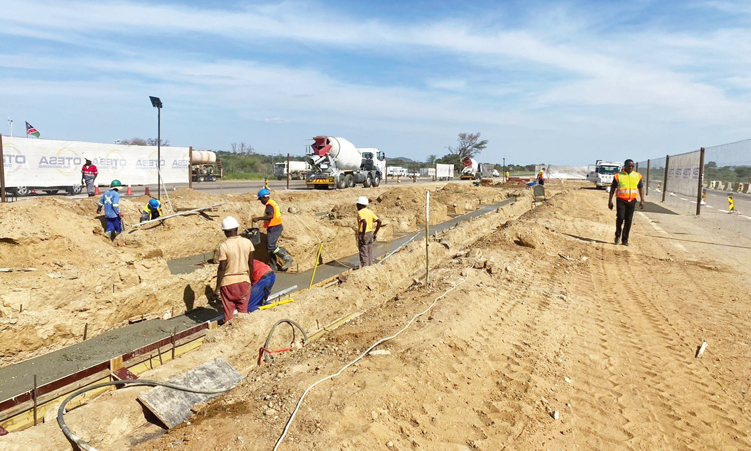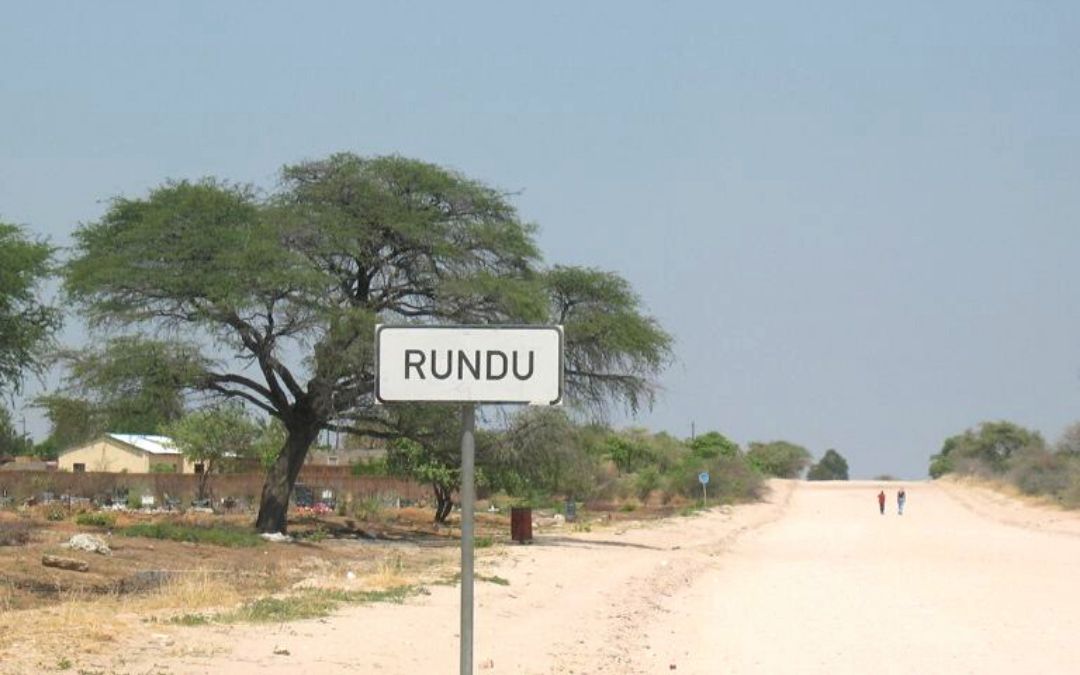MARRAKESH, Morocco – The global financial crisis is not threatening power investment projects seen as vital to Africa’s development and major deals are still on track, industry executives and analysts said.
Africa urgently needs more power stations, transformers and transmission lines to end shortages and black-outs that test the patience of citizens and hold back economic growth.
High investment risks mean that most infrastructure projects in Africa are paid for with soft loans from international financial institutions backed by wealthy countries.
Those institutions are still lending to African power utilities and governments, albeit more carefully, industry officials and analysts said during an Africa power industry conference in the Moroccan city of Marrakesh.
‘We have become more cautious, credit procedures have been strengthened and we are more selective, but none of the projects I work on have been affected,’ Janos Bonta, senior investment officer at Dutch bilateral development bank FMO, told Reuters.
Reforms in the past decade have forced many African power utilities to become more transparent and improve the quality and availability of data on their operations.
But risk-averse commercial banks were still the smaller partner in African power projects even before the crisis, many of them put off by volatile politics, poor project management, a lack of expertise and slow decision making.
Those obstacles have ensured that some of the most necessary, and potentially profitable, projects have either stalled or failed to achieve their full potential.
In east Africa, rates of electrification vary from five to 25 per cent, according to African power producing and distribution federation UPDEA.
Nigeria is a major oil and gas producer and has an abundance of energy but suffers constant black-outs, forcing businesses to fall back on stand-alone diesel generators.
A long-mooted US$80 billion network of hydro-electric dams at Democratic Republic of Congo’s Inga Falls could draw 40 000 MW of power and ease power shortages across southern Africa.
Investors are still hesitating, put off by the country’s bad record in maintaining existing hydro-power facilities and transmission lines.
OPPORTUNITIES
Yet government-backed lenders like the World Bank and African Development Bank (AfDB) see many opportunities in African power and have growing funds to invest.
Western governments are aware that the soft loans issued by those banks are a lifeline for African economies and have bolstered their financial resources.
‘The G20 has committed massively to support…development of infrastructure in developing countries,’ said Gauthier Dupont, director of studies at consultancy MVV Decon.
He said there had been a change in emphasis from a few years ago when liberalisation to encourage private sector investment was seen as the only solution for Africa’s power problems.
India, South Korea, China and Iran are taking a growing interest in Africa and well-managed utilities could turn new competition among investors to their advantage, analysts said.
They said commercial banks still with the appetite to invest could take a new role in building transmission lines that allow producing countries to share power surpluses with neighbours.
Delegates in Marrakesh said the full effect of the financial crisis on African state budgets remained to be seen and the rising credit costs were bound to affect some projects due for launch in coming years. -Nampa-Reuters
Stay informed with The Namibian – your source for credible journalism. Get in-depth reporting and opinions for
only N$85 a month. Invest in journalism, invest in democracy –
Subscribe Now!










